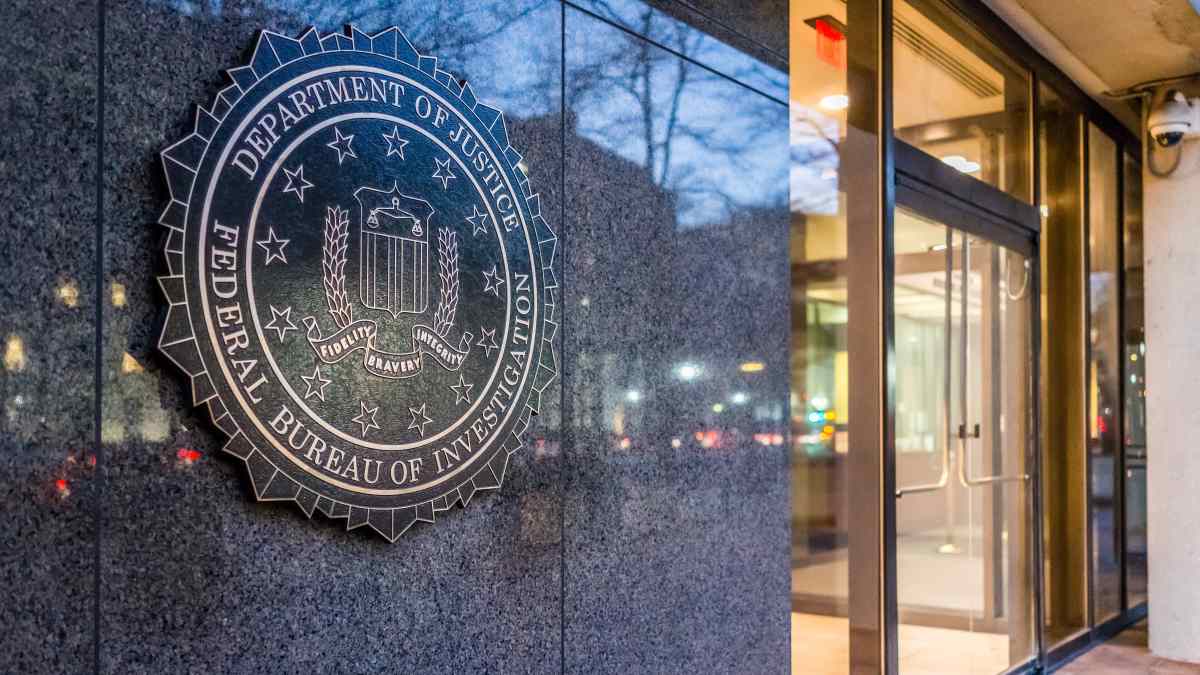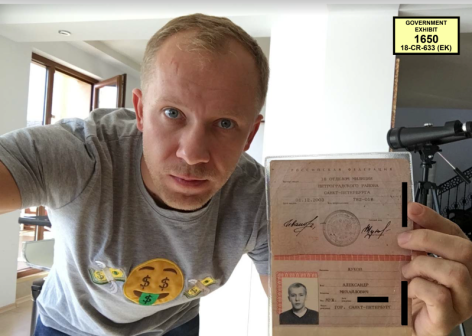Another Methbot suspect, Sergey Denisoff, arrested more than a year after initial charges

U.S. police have arrested another suspect in connection with an advertising fraud conspiracy that relied on run-of-the-mill hacking techniques to scam American companies out of roughly $30 million, according to new court documents.
Police in New York City this month arrested Sergey Denisoff on charges that he allegedly helped members of the Methbot ad fraud crew by setting up dummy web pages where other conspirators could direct illegitimate traffic. Members then charged U.S. advertising companies for access to visitors who didn’t actually exist.
Denisoff supplied fake domains, helped Methbot members circumvent cybersecurity software meant to stop this kind of fraud and was in regular communication with alleged ringleader Aleksandr Zhukov, an NYPD detective said in an affidavit first noticed by Seamus Hughes, the deputy director of the Program on Extremism at George Washington University.
Subsequent documents filed Jan. 19 in the Eastern District of New York indicate Denisoff was released on $100,000 bond. His attorney did not immediately respond to a request for comment.
The arrest and ensuing court filings are the latest evidence that U.S. authorities are continuing their investigation into the Methbot crew, also known as 3ve, since announcing charges against eight suspects in November 2018. Two of the eight have since pleaded guilty while Zhukov, who is awaiting trial in the Eastern District, has maintained his innocence. The other five suspects have eluded arrest by U.S. authorities.
Denisoff, a resident of Woodland Hills, Ca., was not named among the initial group of eight suspects publicly identified by the U.S. Department of Justice more than a year ago.
With a friend, Denisoff launched an online advertising company they called Plexious, according to the NYPD affidavit. The company’s main purpose was to “buy ‘bullshit’ popup traffic from suppliers and resell it to buyers in demand of that ‘bullshit’ traffic,” according to the affidavit. Plexious earned between $10 million and $12 million from 2012 to 2016, mostly from video traffic, Denisoff said during a voluntary interview with law enforcement.
After the FBI arrested Zhukov, Methbot’s alleged mastermind, during a raid in Bulgaria in November 2018, agents conducted a forensic review of his computer to find communications between Zhukov and Denisoff from years before, according to the affidavit. During those conversations Denisoff told Zhukov how to make the bots programmed to watch video advertisements appear to be more real, in order to avoid the notice anti-fraud software.
At one point, the affidavit goes on, Denisoff asked Zhukov to move their conversation to a privacy-focused chat program.
“By the way, lets switch to jabber before they put me in jail,” he wrote.
Denisoff’s next hearing is scheduled for Feb. 3.
The affidavit is available in full below.
[documentcloud url=”http://www.documentcloud.org/documents/6668469-Denisoff.html” responsive=true height=450]






